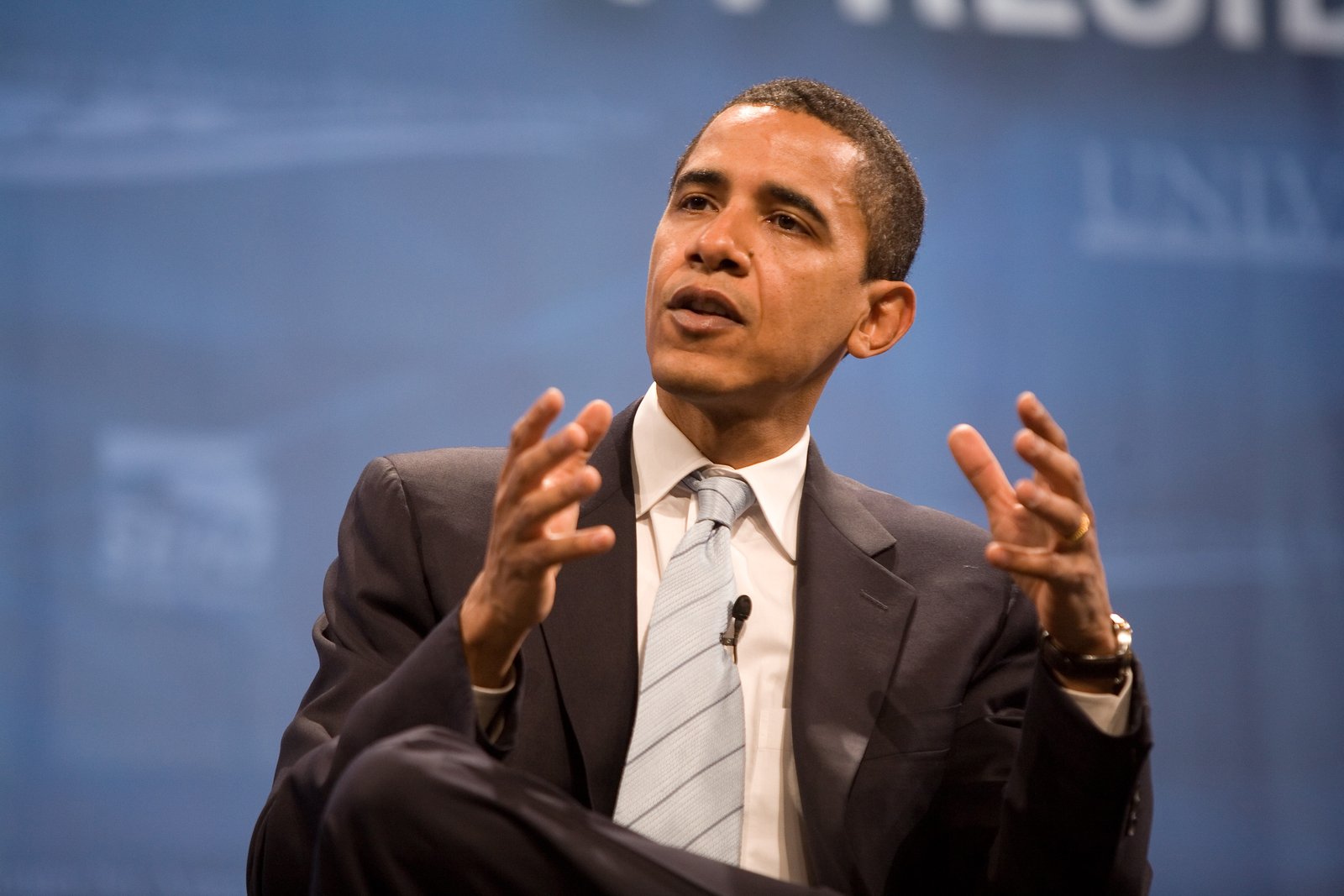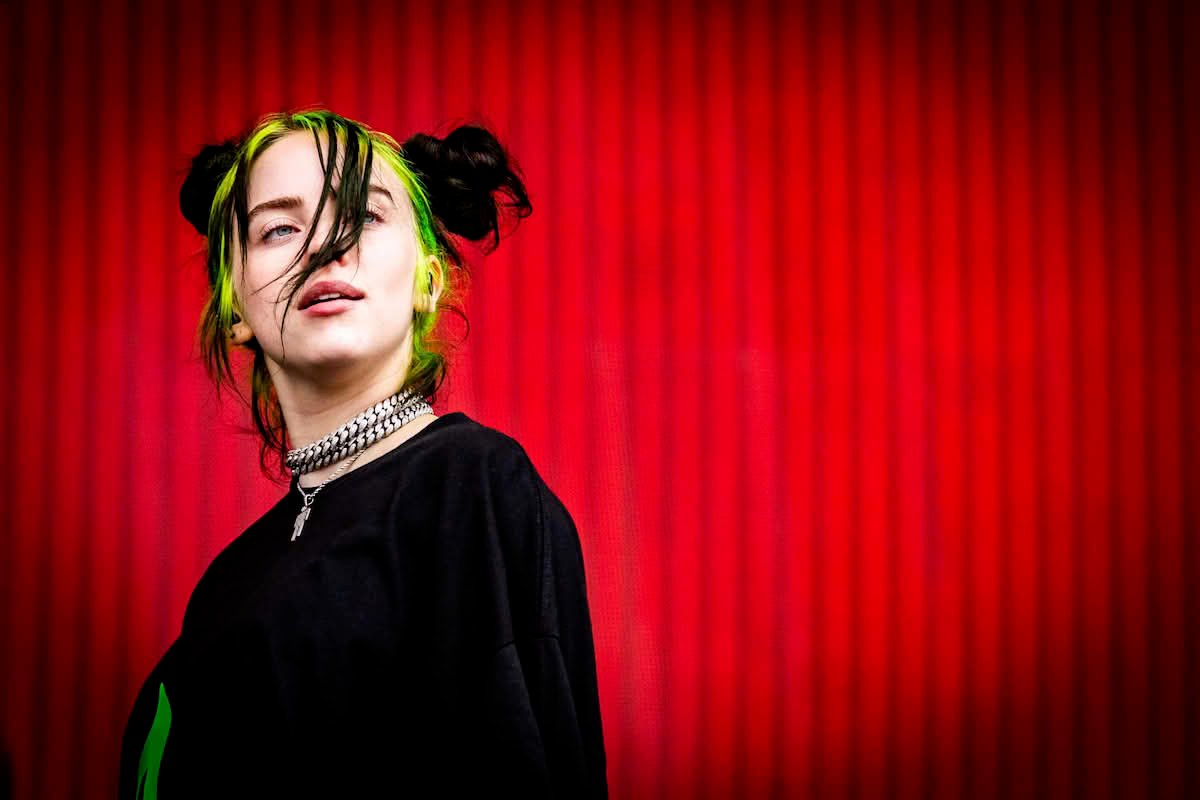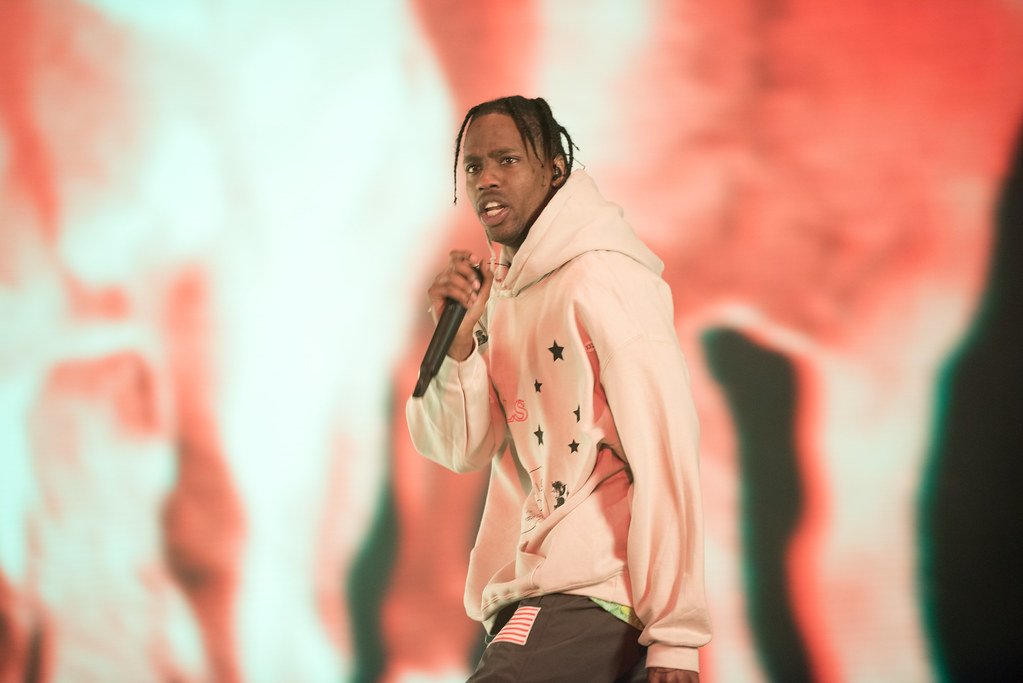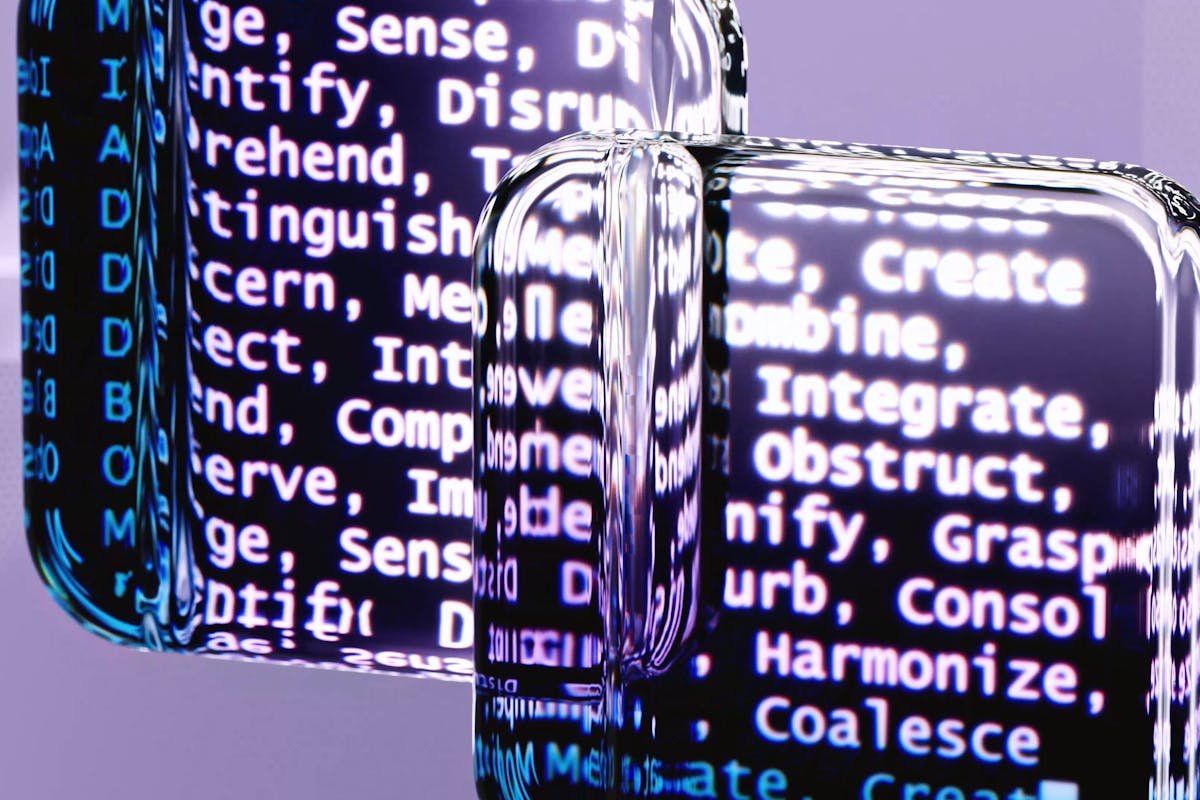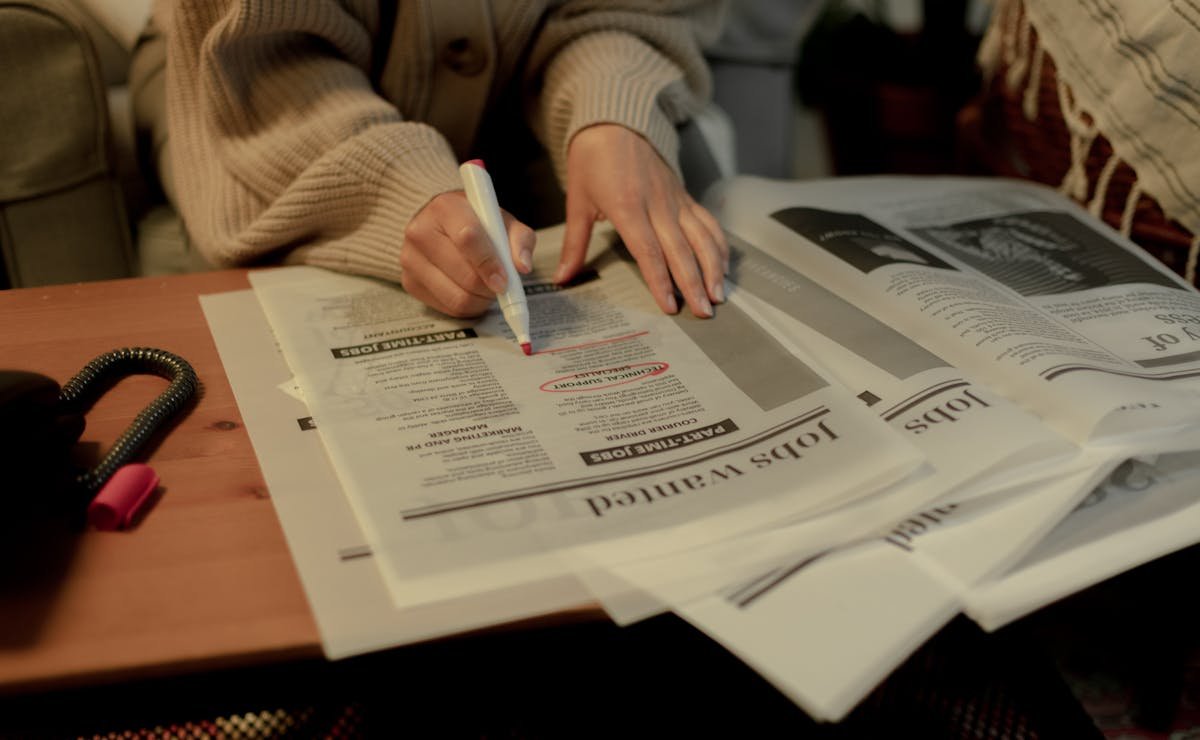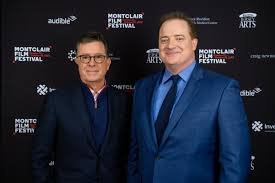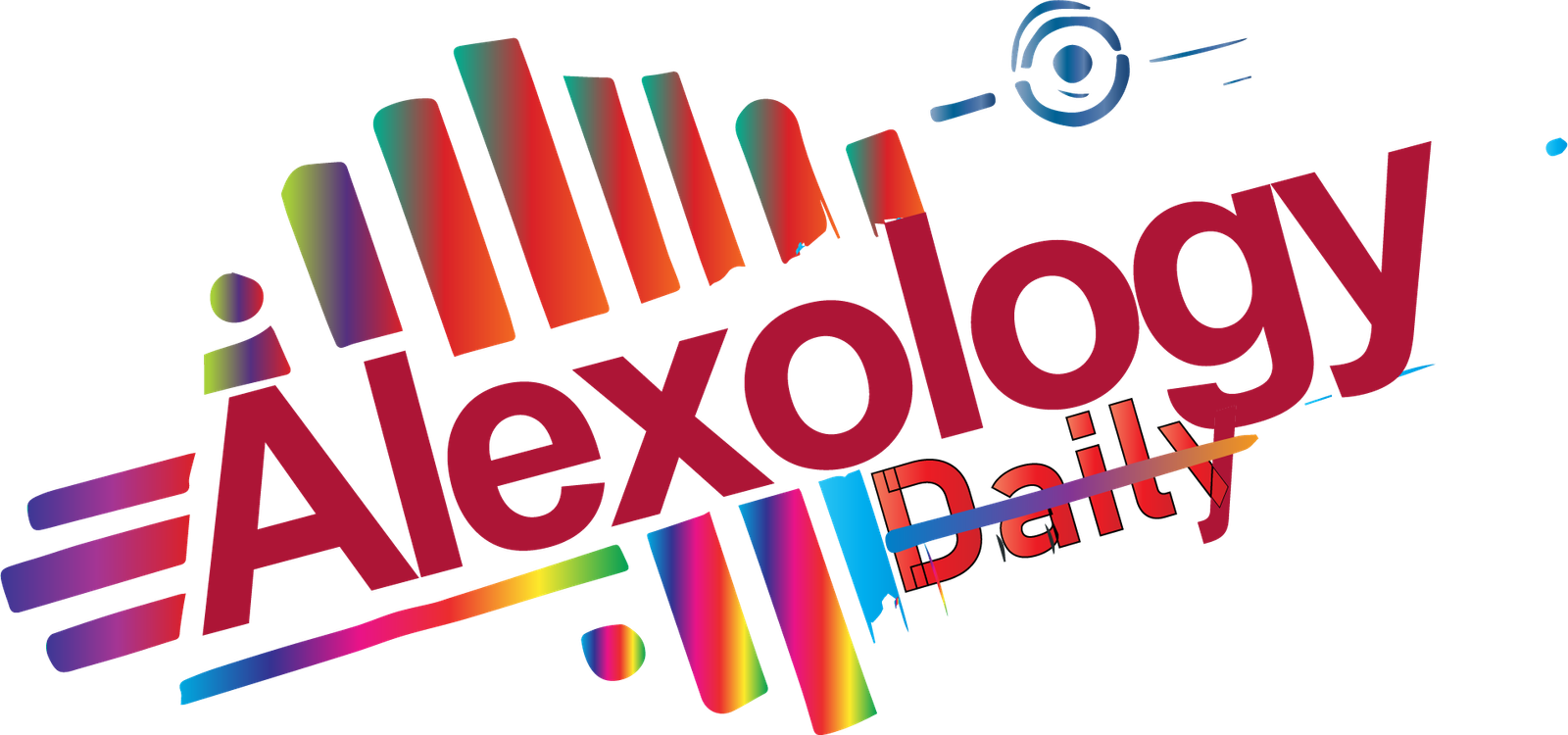How AI, Robotics, and Automation Will Redefine Work, Creativity, and Daily Life
Future of Humanity / Date: 05-11-2025
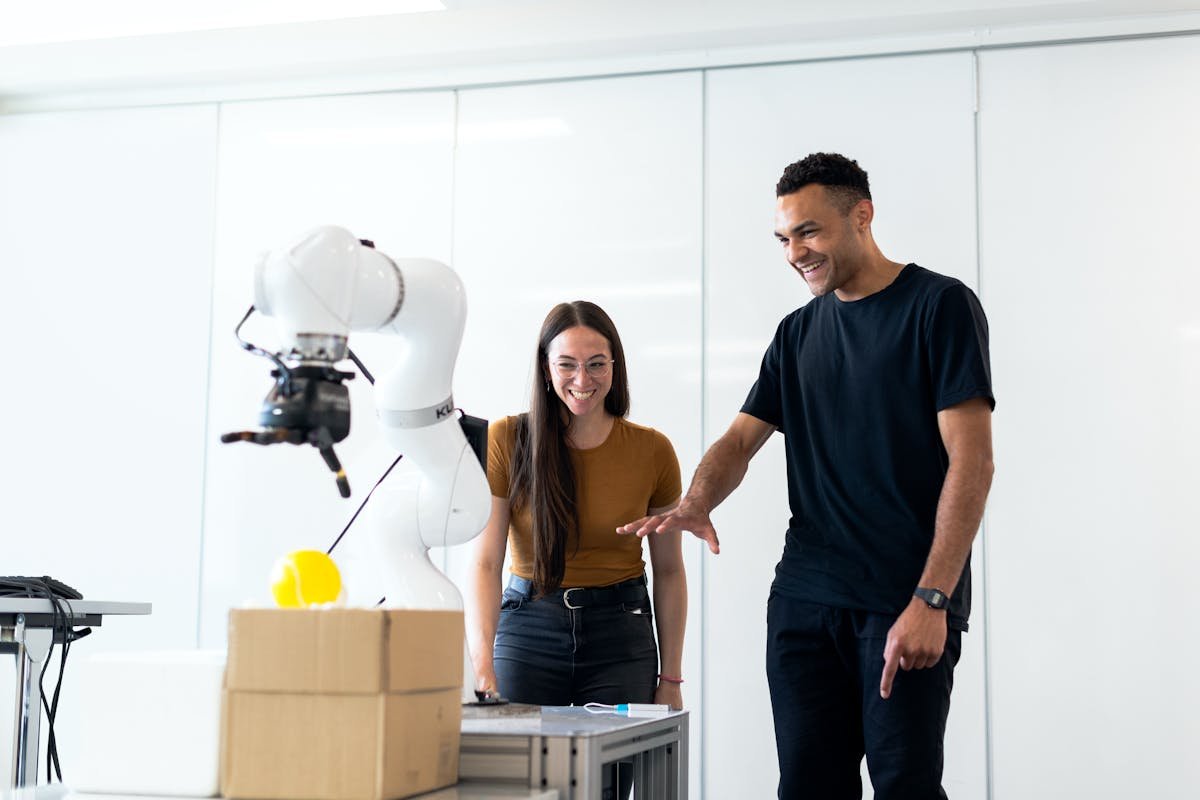
The world is changing at a rate never seen before due to rapid advancements in automation, robots, and artificial intelligence (AI). These technologies, which range from self-driving cars to artificial intelligence-generated art, are revolutionizing entire industries, redefining occupations, and altering our daily lives.
But what does this mean for the future of human existence, work, and imagination? Will machines displace human work altogether, or will they augment our capacities? How will machines influence imagination once AI can produce novels, music, and buildings?
In this article, we’ll explore how AI, robotics, and automation are set to revolutionize:
- The future of jobs and employment
- The evolving nature of human creativity
- Daily life in an automated world
1. The Future of Work: Job Disruption and New Opportunities

A. Automation Replacing Routine Jobs
Most manual and repetitive tasks are already being replaced by AI and robotics. Automation is spreading throughout industry, customer service (chatbots), data entry, and even the preparation of fast food.
- Example: Amazon’s warehouses use over 750,000 robots for sorting and packing, reducing human labor in logistics.
- McDonald’s is testing fully automated kitchens where AI handles burger flipping and fry cooking.
Impact: While this increases efficiency, it also means millions of workers may need to reskill for new roles.
B. The Rise of Hybrid Workforces (Humans + AI Collaboration)
Rather than full replacement, many industries will see collaboration between humans and AI.
- AI speeds up and improves the accuracy of medical imaging evaluations by physicians.
- Writers and marketers leverage tools like ChatGPT for drafting content, while humans refine it.
- Architects use AI to generate building designs but rely on human judgment for final execution.
Key Takeaway: The jobs of the future won’t be about competing with AI but working alongside it.
C. New Careers Emerging from AI & Robotics
Older jobs will give way to new ones:
- AI Trainers & Ethicists (teaching AI systems and ensuring ethical use)
- Robot Maintenance Technicians (repairing and managing automated systems)
- Virtual Reality Architects (designing immersive digital spaces)
Forecast: Sixty-five percent of today's kids will be employed in nonexistent employment by 2030.
2. The Changing Face of Creativity: Can Machines Be Truly Creative?
A. AI-Generated Art, Music, and Writing
AI is already producing paintings, music, and even poetry—raising the question: Is AI truly creative, or just mimicking humans?
- DALL-E & MidJourney generate stunning digital art from text prompts.
- OpenAI’s Jukebox composes original music in different genres.
- AI-written novels have even won literary contests.
Debate: Some argue AI lacks true emotion and originality, while others believe it’s a new form of collaborative creativity.
B. Will Human Creativity Become Obsolete?
Unlikely. Instead, AI will act as a tool for artists, writers, and designers—speeding up the creative process.
- Example: A graphic designer might use AI to generate 100 logo concepts in seconds, then refine the best one manually.
- Musicians can use AI to suggest chord progressions while focusing on lyrics and emotion.
Future Outlook: Human creativity will shift from execution to curation and innovation.
C. The Danger of Over-Reliance on AI Creativity
If AI handles most content creation, we risk:
- Homogenized art (everything starts to look/sound the same)
- Absence of a human element in narrative and emotional expression
- Copyright issues (who owns AI-generated content?)
Solution: Regulations and human oversight will be crucial.
3. Daily Life in an Automated World: Convenience vs. Privacy Concerns
A. Smart Homes and AI Assistants
- Voice-controlled devices (Alexa, Google Home) already manage lights, security, and shopping.
- Robot vacuums (like Roomba) clean homes autonomously.
- AI chefs (e.g.,robotic arms that cook meals) may soon be common.
B. Self-Driving Cars & Automated Transport
- Uber, Waymo, and Tesla are promoting completely driverless cars.
- Delivery drones & robotaxis could reshape urban mobility.
Impact: Fewer accidents (AI doesn’t get tired or distracted) but millions of drivers may lose jobs.
C. The Social & Psychological Effects of Automation
- More isolation? if social relationships are managed by robots (AI therapists, senior care bots).
- Skill atrophy? Relying too much on AI could weaken human problem-solving abilities.
- Economic disparity? AI adaptation will benefit some people while harming others.
Conclusion
AI, robotics, and automation are unstoppable forces that will redefine work, creativity, and daily life. While there are valid concerns about job losses, loss of human touch, and privacy risks, the bigger picture is one of opportunity.
- Workers must embrace lifelong learning to stay relevant.
- Creatives should see AI as a collaborator, not a competitor.
- Society needs ethical guidelines to ensure automation benefits everyone.
The future isn’t about humans vs. machines—it’s about humans and machines working together to build a smarter, more efficient, and more creative world.
Follow Us
Newsletter
Subscribe to our newsletter to stay updated with our latest news and offers.
We respect your privacy.Trending

